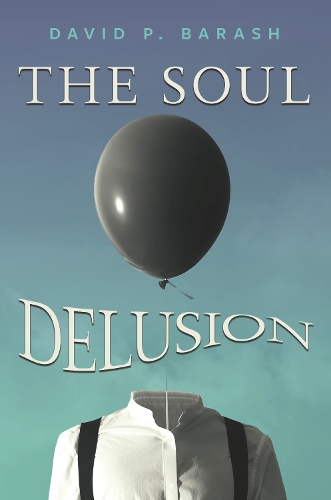
The Soul Delusion
(Hardback)
Publishing Details
The Soul Delusion
By (Author) David P. Barash
Bloomsbury Publishing PLC
Bloomsbury Academic
19th February 2026
United Kingdom
Classifications
Physical Properties
Hardback
224
Width 152mm, Height 229mm
Description
The case against the souland why life is better without one.
The soul, like the Christian notion of the devil, has increasingly become contested, even for traditional believers. Considered objectively, the soul is a strange notion, one entirely at odds with everything we know about how the world actually works. And yet belief in the soul persists, among both the religiously inclined and non-believers.
The Soul Delusion is a wake-up call, encouraging readers to think critically about something widely taken for granted. Evolutionary biologist David P. Barash takes a deep dive into the nature of the soul by reviewing the diverse and often conflicting notions of what the soul is supposed to be and revealing practical problems deriving from such delusive beliefs: how the soul-certain agitate against early and mid-stage abortions because of their insistence that an embryo has a soul, and thus, must be saved, even at the risk of the mothers health, for instance, and how soul-belief has provided marching orders for cruelty toward animals because of the claim that only we have souls and therefore animals dont deserve protection.
The Soul Delusion also aims to liberate people from fear of hell and free them to enjoy what poet Mary Oliver called your wild and precious life. It challenges the assumption that a soul is needed for people to live moral lives, while exposing the misleading nature of supposed near death experiences. It also illuminates how being soul-free opens us to an appreciation of our wonderful lives in the real, the here-and-now, and the prospect of a future without souls.
Author Bio
David P. Barash is professor emeritus of psychology at the University of Washington and has received numerous grants and awards. A Fellow of the American Association for the Advancement of Science, he has authored more than 250 peer-reviewed technical articles, published op-eds in The New York Times and The Los Angeles Times, contributed to The Chronicle of Higher Education, The Harvard Business Review, The History News Network, Psychology Today, among other publications, and has written, co-authored, and edited more than forty books. He lives in Goleta, California with his wife, four cats, three dogs and a horse.
